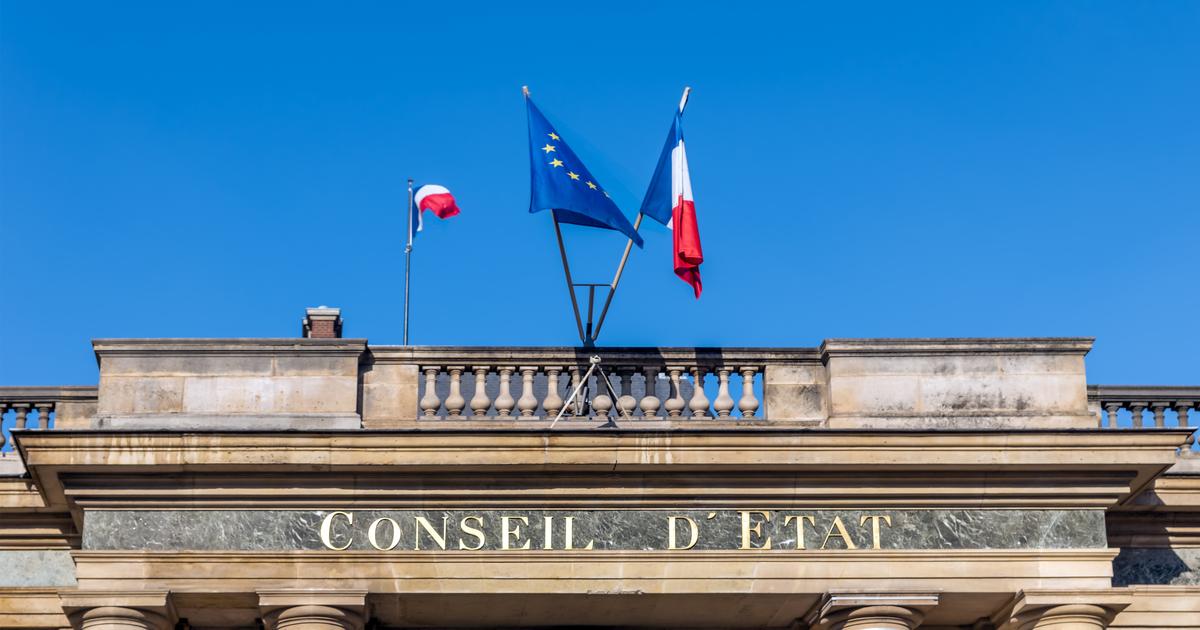United Kingdom and Gibraltar European Union membership referendum
all articles
Since the UK decided in June 2016 to leave the EU, scientists and research institutions are insecure. What happens after leaving the EU with important research collaborations and projects financed by them? A recent study suggests that the decision to withdraw from the EU alone has had a negative impact on Britain's status as a reputed research nation.
Accordingly, the share of grants that Britain has received since 2016 from the large EU research funding project Horizon 2020 has fallen by around one third a year. This corresponds to a minus of 460 million euros a year, reports the British science society Royal Society, which has created the bill. Extrapolated to the two and a half years since the referendum are 1.15 billion euros.
The European Commission has allocated around € 77 billion to Horizon 2020. Since 2014, research projects have been funded out of the pot, in which scientific institutions from different EU countries work together. In 2021, the funding program is to be replaced by the € 100 billion Horizon Europe project.
Less renowned researchers from other EU countries come to the UK
According to the latest evaluation, in 2015, before the Brexit referendum, Britain received 16% of Horizon 2020 grants that year. By 2018, the value had dropped to 11 percent (see chart).
At the same time, less and less British research institutions and researchers have applied for Horizon 2020 funding since the Brexit referendum. In 2015, just under 20,000 institutions were hoping for funding, and in 2018, only 10,000 were trying their luck.
The proportion of renowned researchers from non-EU countries who came to the UK as part of a Horizon 2020 scholarship shrank during the investigation period. In 2015, 515 non-EU researchers entered the country through a Horizon 2020 grant, compared to just 336 in 2018.
At the same time, the number of scholarships for researchers changing to Switzerland and Italy increased by 53 each in 2018. More researchers from other EU countries also moved to Ireland, Spain, Belgium, Norway and Sweden compared to 2015.
"The current chaotic state of Brexit hurts science"
For a long time, Britain was considered a desirable destination for international researchers. Compared to other EU countries, Horizon 2020 scholarships have always attracted the most international experts. The country is still number one in the ranking, but loses its lead more and more.
Whether the decline is solely due to Brexit or whether there are other influencing factors, the study can not clarify.
more on the subject
"The current chaotic state of Brexit hurts science in the UK and is therefore not in the national interest," said Venki Ramakrishnan, president of the Royal Society on Wednesday, before it was revealed that a new agreement was being negotiated. Leading scientists are unwilling to move to Britain unless it is clear that the country will be able to maintain its scientific leadership.
What the current agreement means for research in Europe is still unclear. Before the rules come into force, the British parliament has yet to approve the content on Saturday.
Britain decided on June 23, 2016 to leave the EU. Since then it has long been unclear how the result of the referendum should be implemented. It threatened an unregulated Brexit. The agreement that has now been negotiated raises the hope of being able to bring the resignation to a successful conclusion.









